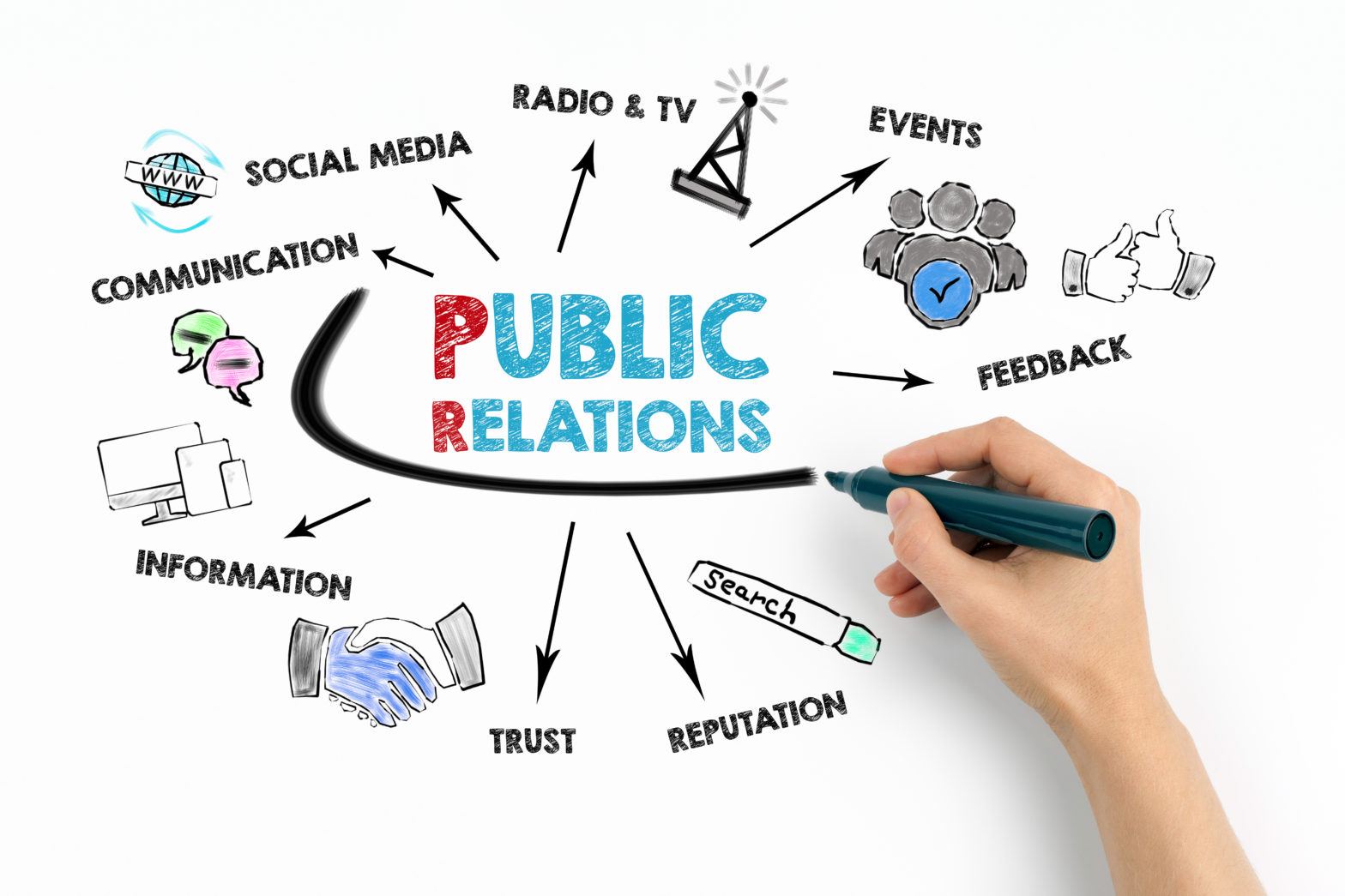How does Public Relations fit in with Search Engine Optimization
Public Relations (PR) and Search Engine Optimization (SEO) go hand in hand. As google has refined what it considers good SEO practices by getting rid of ways to “cheat the system,” writing good content and maintaining good relations with publishers has become increasingly important. First let’s look at some history.
Black Hat SEO
In SEO, like in Western movies, the people wearing the black hats are the bad guys. In the early days of digital content optimization, there weren’t as many rules and Terms and Conditions as today. People would find ways to “trick” google into ranking their page higher than it deserved. This included repeating certain keywords over and over again (keyword stuffing), link buying, adding a bunch of worthless links to pages with no traffic, creating pages with duplicate content. Google wants to show its users pages with relevant keywords. They also want pages that link to other pages, since that’s the basics of how the internet is connected. What they don’t want is to rank pages that just added the same keyword over and over again and links to blogs that nobody reads. Therefore, they launched the Google Penguin – a tool to go through and weed out pages using black hat SEO. Now, if you add links, they should go to authoritative pages that are relevant to what you are talking about. This is where the PR aspect comes in. Since you can’t buy links and you can’t just link to your own pages, you have to spread your message like a public relations professional.
Are You Adding Value?
A question you might ask yourself when optimizing a page is: Am I adding value to the search engine users or am I just trying to get the search engine to notice me. There is no substitute to creating quality content. If what you write is informative, in-depth, and well written, the search engines will reward you. If you just try cheap tricks to get noticed, , those same search engines might punish you. In the same way, public relations is about adding value to your partners. If you are a real estate agent in Denver and you want the Denver Post to write about you, you need to approach the journalist with a value proposition. Saying: “Hey, I see you’re writing about Denver real estate. I’m an accomplished real estate agent!” doesn’t help that journalist at all. Instead, you could approach them with a proposition that helps both parties. If they are writing about the potential for a downturn in the housing market due to the outbreak of COVID19, you could add value with anecdotes about a decrease in buyer traffic. You could site some sources that have predictions about the near future and talk about what you are doing to adjust to the times. Now, the journalist has 1-2 paragraphs of relevant material, and an incentive to use your name and provide you with a valuable backlink.
It Takes A Village
While it is a good practice to reach out to partners, vendors, and news media with a value proposition, it’s called public relations for a reason – relationships are your best bet. This means that the PR portion of the SEO strategy is not best left to the SEO department. This is an organization wide effort so your best SEO assets might be in the leadership team, not the marketing department. Top level leadership as well as salespeople are more client facing and might have better contacts. If a small company uses a large industry leader as a vendor, they might know the right people in order to get mentions and valuable backlinks. It is important that they are educated on this value to the organization doesn’t miss out on marketing opportunities that are beyond reach of the marketing department.
It’s Time to add PR to Your SEO Toolbox
The changes to Google’s algorithms in the past decade are a net win for the user. Not allowing companies to cheat their way to high traffic volumes means the users are getting more relevant content and higher quality content. It also makes the job of the SEO more complicated. PR is a long-term strategy. If you only reach out when you need something, you won’t get much in return. Instead you need to constantly be on the lookout for ways to help you partners and build and maintain relationships. If you’re in SEO in this day and age and you’re not well versed in PR, you are probably missing out on some great SEO opportunities.

